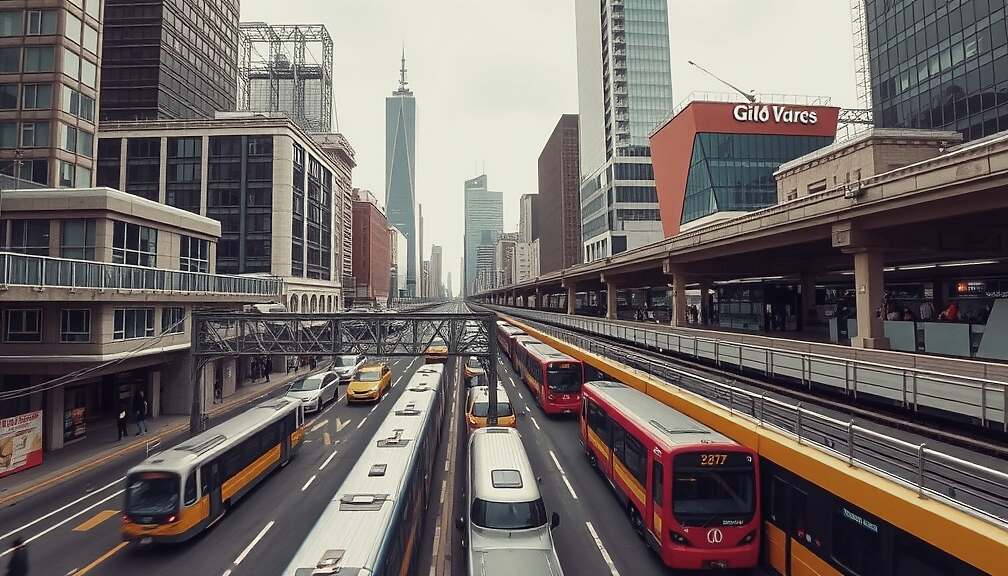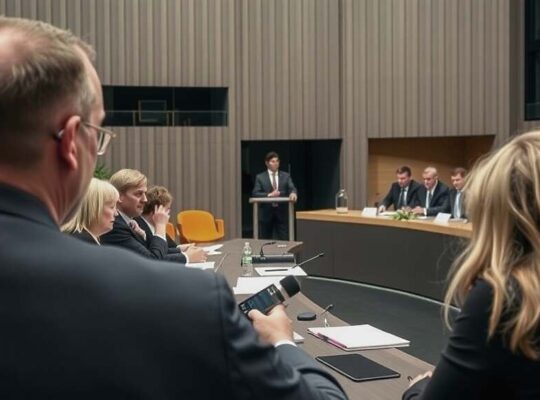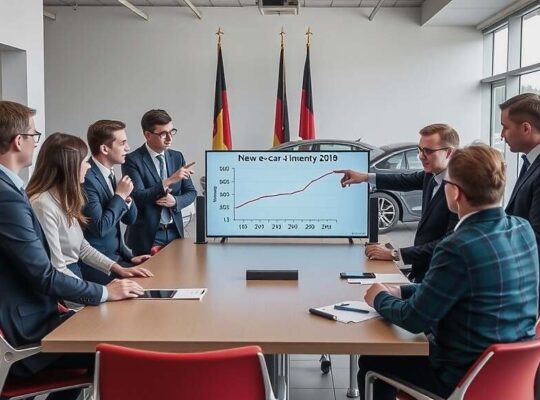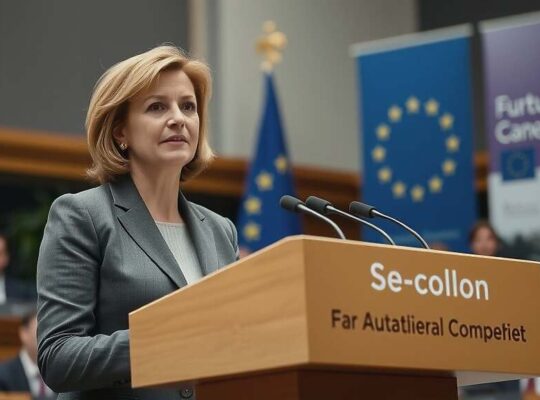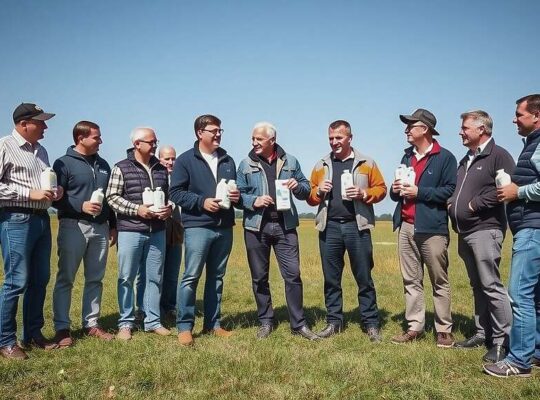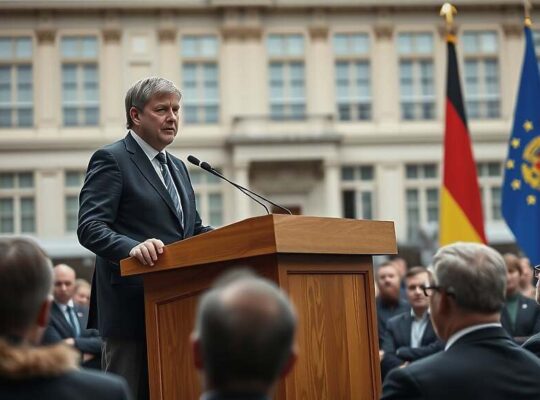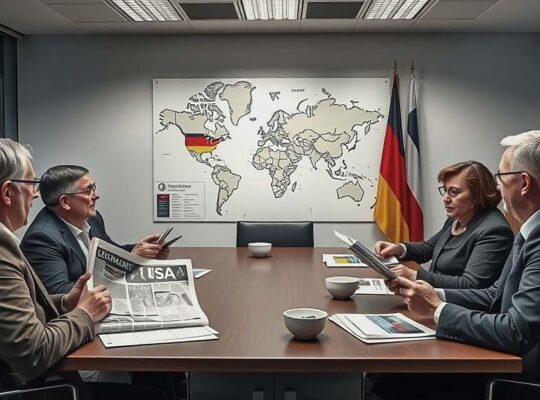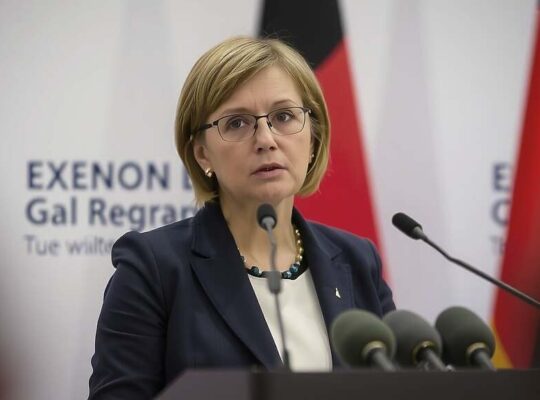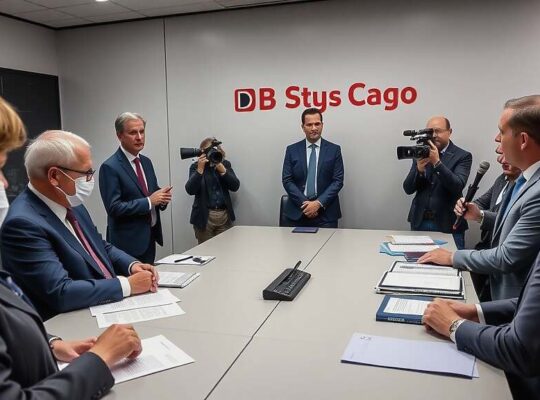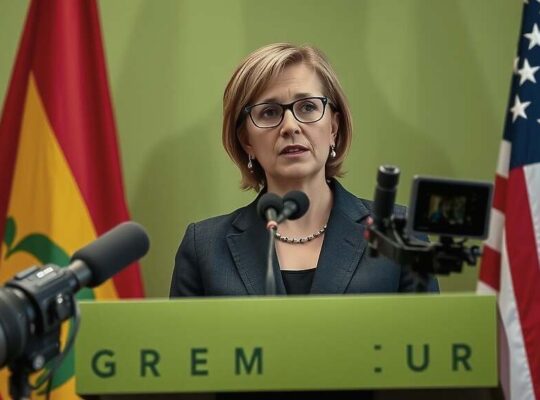The German automotive industry is mounting pressure on the ruling coalition government – comprised of the Social Democrats (SPD) and Christian Democratic Union (CDU) – to present a unified front in negotiations with the European Union regarding the future of internal combustion engine (ICE) vehicles. Hildegard Müller, President of the German Association of the Automotive Industry (VDA), emphasized the urgency for decisive action following a recent automotive summit, warning that a divided German stance risks undermining the sector’s interests in Brussels.
Müller told the “Rheinische Post” that a cohesive German voice is crucial for effectively advocating for a more flexible approach to the EU’s proposed CO2 emission targets. While acknowledging a growing consensus against a hard cutoff date of 2035 for new combustion engines – a position reportedly voiced by Chancellor Scholz and other political figures – significant disagreement persists within the coalition regarding the future of ICE vehicles. The CDU is pushing for the allowance of vehicles with partial combustion engine functionality beyond 2035, while factions within the SPD remain committed to the originally stipulated ban.
This internal division reflects a broader reassessment within Germany and across Europe, with a growing recognition that climate protection goals must be balanced with economic realities. Müller argued that this renewed pragmatism suggests a path toward a more sustainable, industry-supportive approach. Discussions at the summit also highlighted the need to accelerate the transition to electric vehicle adoption, underscoring the critical need for investment in electricity grids and a revision of electricity pricing structures to facilitate widespread adoption.
The VDA’s plea for unified action is directly tied to avoiding potential financial penalties for the German automotive industry, signaling a heightened concern regarding Brussels’ enforcement mechanisms. Experts suggest that a fragmented German position weakens the country’s leverage in negotiations and risks isolating the German automotive sector within the EU framework at a time when significant industrial adjustments are underway. The coming weeks will be crucial to observe whether the German government can bridge the internal divide and adopt a coordinated strategy to influence the EU’s evolving vehicle emission regulations.


